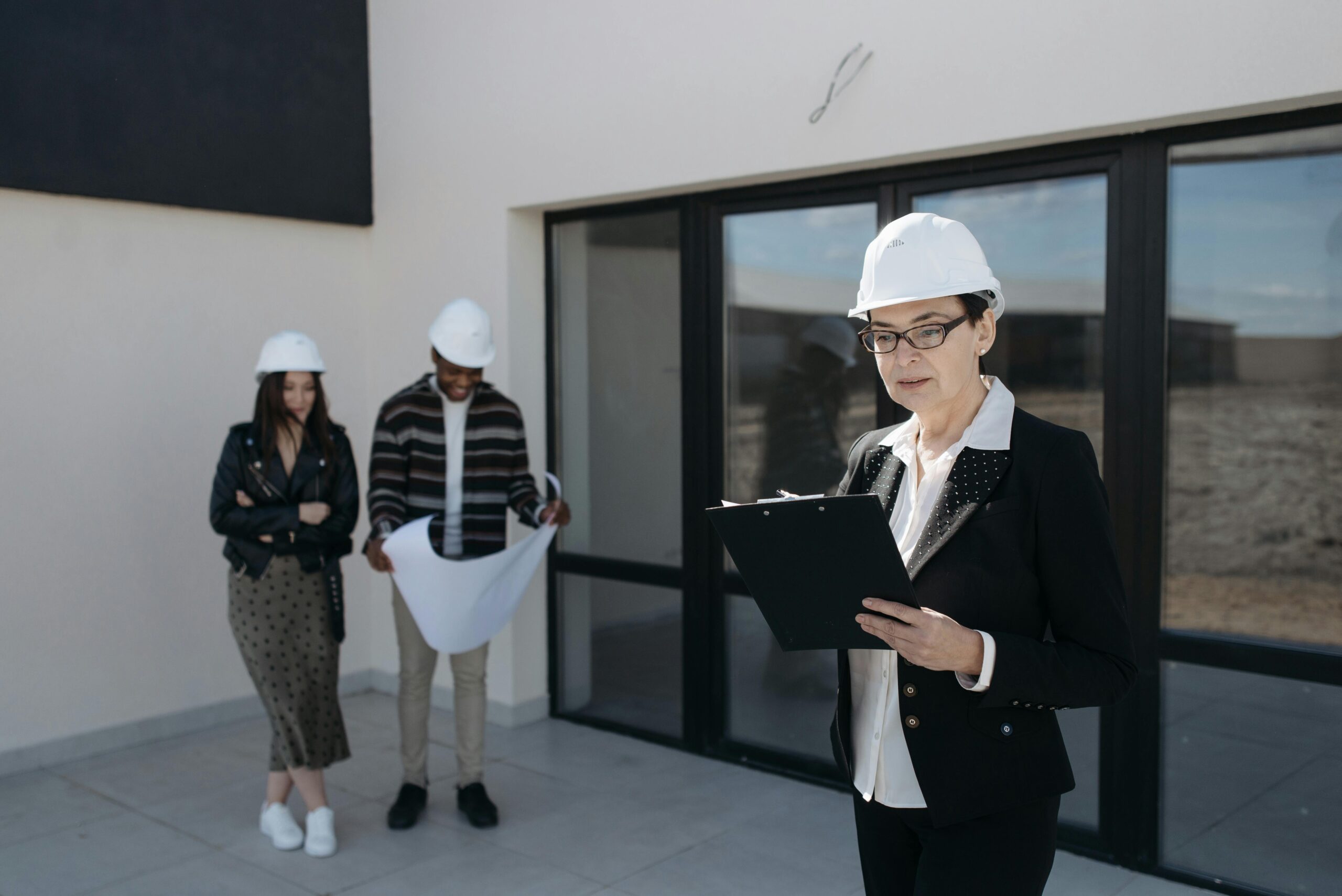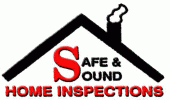Inspection Expectations
What to Expect During a Commercial Property Inspection
A commercial property inspection is an essential step for property buyers, tenants, and investors looking to make informed decisions. It provides a comprehensive evaluation of the building’s systems, structures, and potential safety or maintenance issues. Knowing what to expect during a commercial inspection can help prepare you for the process, ensuring it addresses all your concerns and delivers the insights you need.
1. Pre-Inspection Planning and Preparation
The inspection process begins with clear communication between you and the inspection team. A reputable inspection company will tailor their inspection to your specific goals, property type, and timeline. Be prepared to share essential details like the property’s age, square footage, intended use, and any particular areas of concern. Your input allows the inspector to plan effectively, allocate time for specific inspections, and ensure that no detail is overlooked.
2. Exterior Evaluation
The inspection starts with an assessment of the property’s exterior. Inspectors will evaluate the structure, roofing, foundation, parking lot, landscaping, and any exterior features such as signage, lighting, and drainage. Key areas of focus include signs of structural wear, weather damage, and potential liabilities like poor drainage or broken pathways. A strong exterior evaluation highlights potential issues before they become costly repairs and assesses the overall condition of the property.
3. Roof and Structural System Inspection
Inspecting the roof and structural systems of a commercial property is a top priority. The inspector will examine the condition of the roof for any signs of leaks, damage, or deterioration. Structural inspections look at load-bearing elements, foundations, beams, and walls, assessing their ability to support the building safely. This section of the inspection is vital for identifying potential structural concerns that could impact the building’s stability.
4. Interior Systems and Components
Inside the property, the inspector will evaluate various essential systems and components, including:
- HVAC (Heating, Ventilation, and Air Conditioning): Inspectors check for proper function, energy efficiency, and signs of wear or damage.
- Electrical Systems: The team will assess the main electrical panels, wiring, lighting, and outlets, ensuring they meet safety standards and function correctly.
- Plumbing: This inspection covers piping, water flow, fixtures, water heaters, and drainage, highlighting potential leaks or outdated materials that could affect property use.
- Fire Safety Systems: Inspectors will check smoke detectors, sprinklers, fire extinguishers, and exit signage for compliance with safety standards.
5. Specialized Assessments (If Needed)
Some commercial properties require additional specialized assessments. For instance, properties used for medical, laboratory, or industrial purposes may need inspections of specific equipment or environmental safety standards. Likewise, older buildings may require asbestos, lead, or mold inspections. Many inspection companies offer these as optional add-ons or can coordinate with specialists to ensure a complete property evaluation.
6. Comprehensive Reporting and Documentation
Once the inspection is complete, the inspector will compile a detailed report outlining the findings. This report will cover each system’s condition, highlight areas that need immediate attention, and note recommendations for repairs or maintenance. Clear documentation of findings, along with photos and descriptions, will help you understand the property’s strengths and potential issues. It’s also an essential tool for negotiations, allowing buyers or tenants to request repairs or address concerns with property owners before finalizing agreements.
7. Post-Inspection Review and Next Steps
A high-quality inspection company will review the report with you, addressing any questions or concerns. This step ensures that you fully understand the findings and can make informed decisions about the property. Depending on the report’s results, you may choose to negotiate repairs, adjust your budget, or work with the current owner to address specific issues.
Final Thoughts
A commercial property inspection provides the peace of mind that comes from knowing the full story behind a property’s condition. By understanding what to expect during the inspection process, you can be well-prepared to address potential challenges and protect your investment. Whether leasing, buying, or maintaining a commercial property, a thorough inspection is a crucial step toward a successful transaction and the long-term sustainability of your property.

Properties We Inspect
Multi-Family Properties
We inspect multi-family properties that range from duplexes to 100+ unit apartment complexes.
Retail Suites and Retail Parks
We inspect strip malls, big box retail locations and main street buildings.
Warehouse and Industrial Buildings
We inspect larger properties such as warehouses and industrial. Industrial buildings often require more time on site or modified hours of access.
Mixed Use Developments and Live/Work Spaces
We provide inspection services for mixed used developments, and properties designed for Live/Work purposes.
Church Buildings and Campuses
We inspect religious facilities that range from small chapels to large modern church buildings.
Hotels
We inspect small mom and pop hotels, boutique hotels and large corporate owned properties.
Office Buildings
We inspect office buildings and office parks.
Schools and Educational Facilities
We inspect traditional school buildings as well as spaces that have been or will be converted for educational use.
